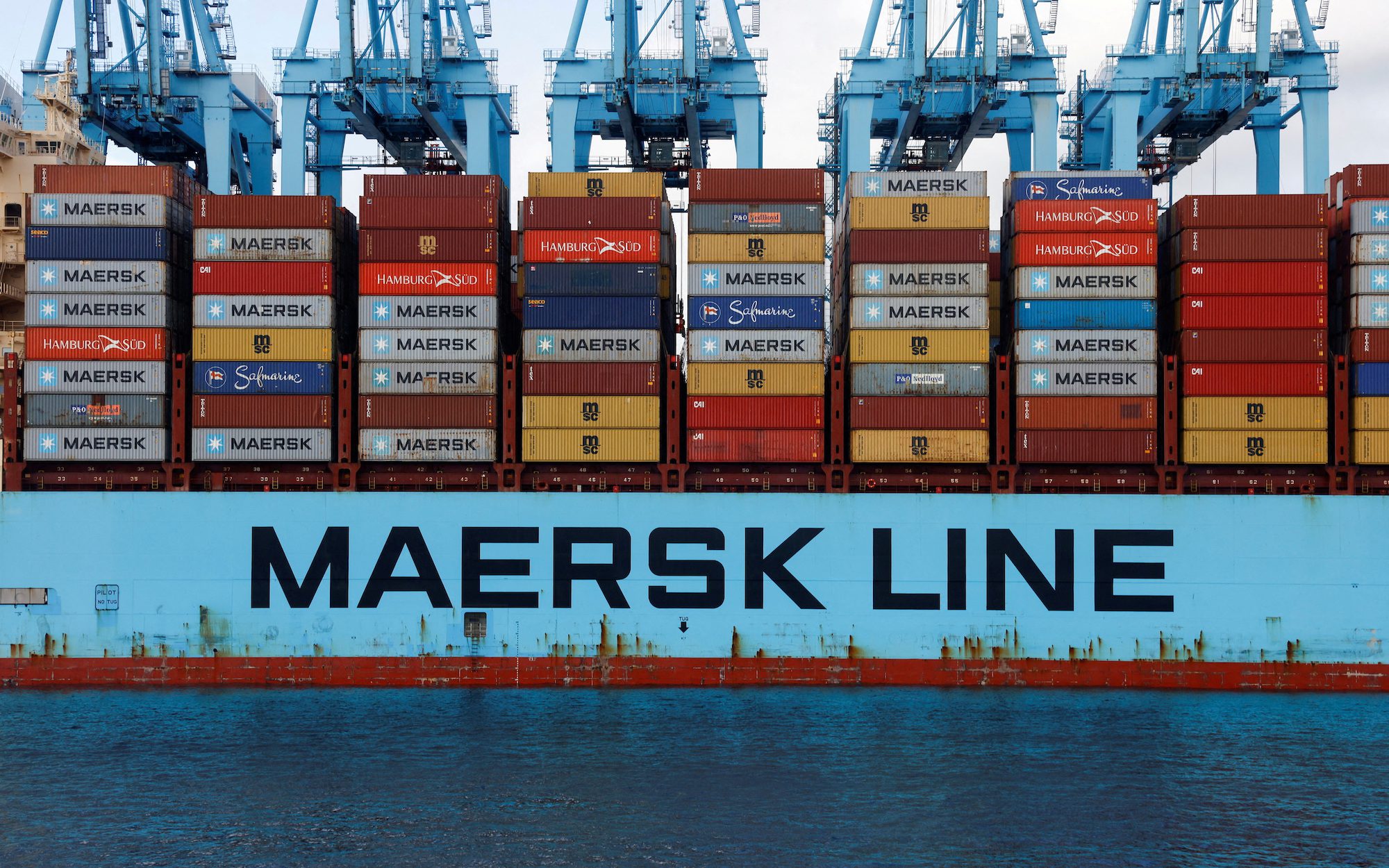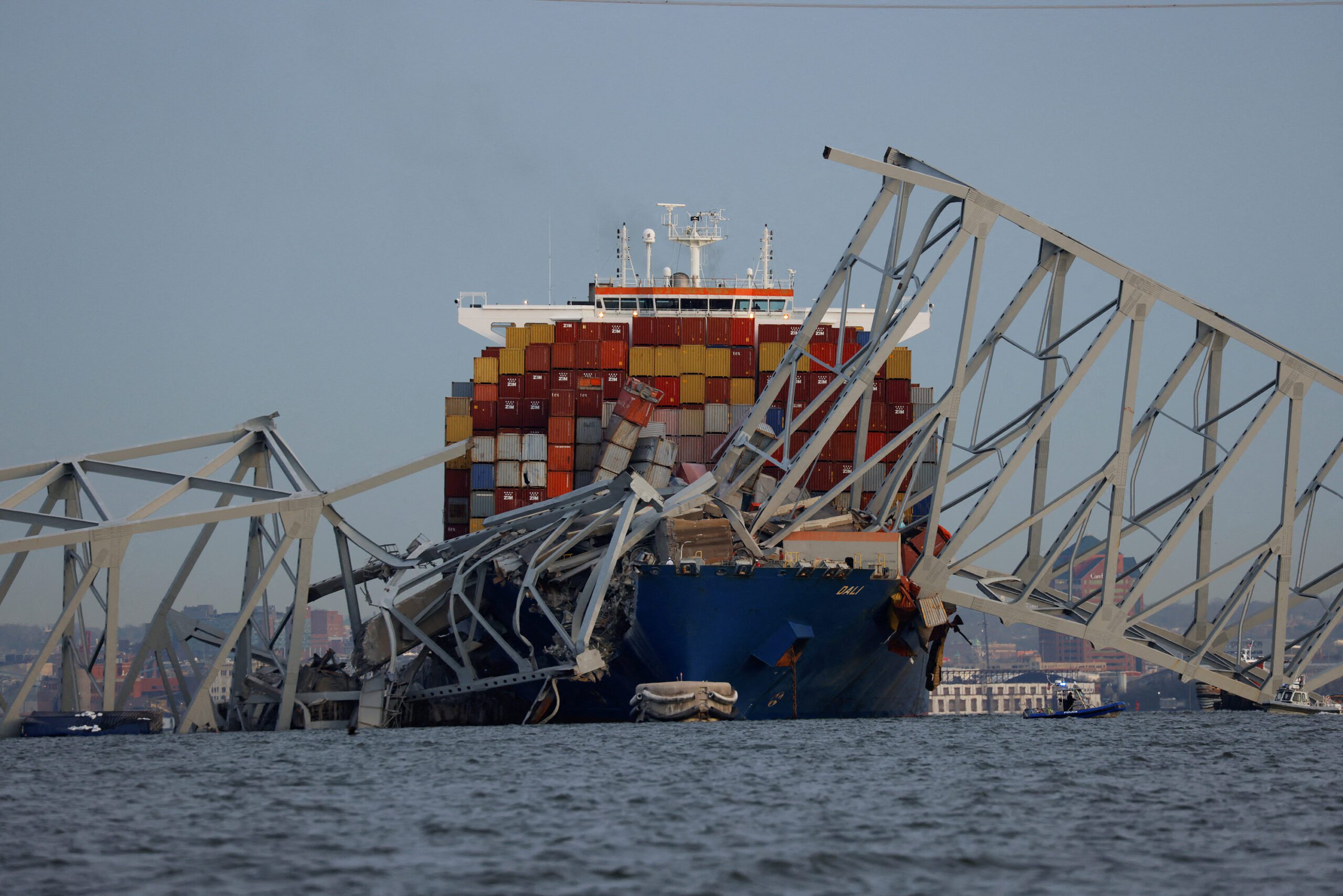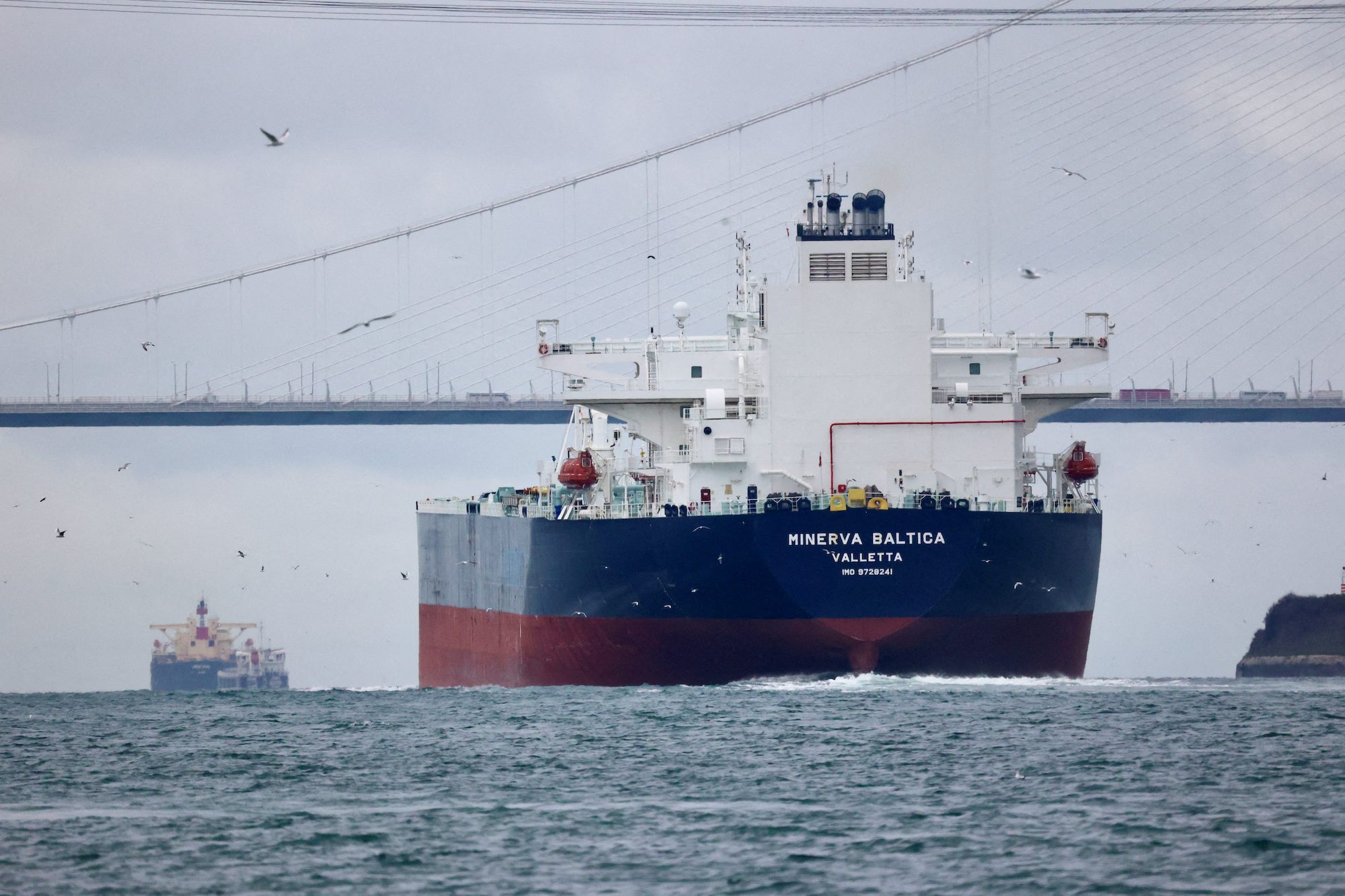– by Deepak Johar, General Manager for Wilhelmsen Ships Service, India
As local fuel supplies dwindle and the Indian subcontinent’s power demands continue to grow, a significant shift looms on the horizon.
Over the next few years, the region is poised to surpass China as the world’s biggest thermal coal importer. The Indian government seeks supplies for power producers that have halted plans for new plants due to the fuel shortage.
Purchases from abroad may exceed 118 million metric tons in 2012. Considering that India imported 81.1 million tons of steam coal for its power plants in 2011, the deficit between the demand and supply of domestic coal in India may rise as high as 150 million tons by 2014 and annual overseas purchases may rise by 74 percent, or 60 million tons, in four years.
This is good news for Wilhelmsen Ships Service, and others in within our sector as greater demand will come from shippers, charterers, and traders of coal in places such as Indonesia, South Africa and Australia.
For the immediate future, India faces an acute shortage of power – it is expected to see a capacity addition of 80,000 MW between 2012 and 2017, which will result on imports on power plants, machinery and energy coal. A rising population means that there are now a billion mouths to feed: producers and suppliers need fertilizers, edible oils and food grain.
Indian ports are the gateway to India’s international trade by sea and are currently handling over 90% (by volume) and 70% (by value) of foreign trade. Dry and liquid bulk make up about 80% of the port traffic in volume with general cargo, including the containerised cargo, constituting the remaining traffic.
The demand for housing and infrastructure fuels the need for steel and the demand for steel fuels the need for metallurgical coal, iron ore and power. With demand outstripping the indigenous supply, an increase in imports to the region and an increase in demand for our services is inevitable.
At nearly 4 million barrels per day, India is the 5th largest importer of petroleum products (crude and refined). With infrastructure investments approaching USD $13 billion, new green-field refineries will take the refining capacity from the existing 188 MT to 240 MT.
The government also aims to double its export of petroleum products from the existing 40 MT to 90 MT in the next couple of years. We are already associated with the major players in the Indian oil and gas market and continue to work on strengthening these relationships.
WSS India is close to commissioning its first Technical Service Station, on the outskirts of Mumbai. Once operational, this station will allow the network to offer best in class service on Fire Rescue & Safety systems and Life Saving Apparatus.
From small beginnings in 2007, WSS India has significantly increased its presence over the past five years, and for the future; similar expansion is anticipated, with 50% growth predicted.
With massive investments on anvil, power, steel, infrastructure and manufacturing, the imports of project cargo will also be a major focus area. Nakul Malhotra, WSS’s Area Director – Subcontinent, East & South Africa expects existing arrangements with Break Bulk and RORO principals to hold the company in good stead to be able to emerge as a major player in project cargo logistics.
Unlock Exclusive Insights Today!
Join the gCaptain Club for curated content, insider opinions, and vibrant community discussions.

 Join The Club
Join The Club













